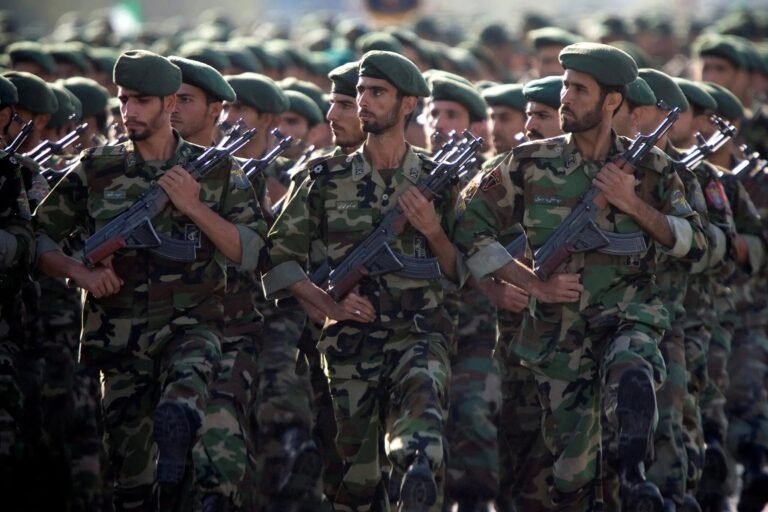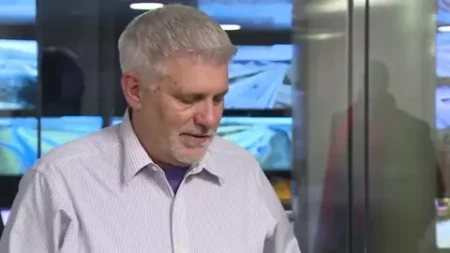Iran’s top military official warned on Sunday that the threat from Israel remains serious, even after the intense clashes that took place in June. The commander-in-chief of Iran’s armed forces, Amir Hatami, said the Islamic Republic must treat any threat, no matter how small, as a full-scale danger.
Hatami’s statement comes after a major escalation in June, when Israel and the United States launched coordinated strikes on Iranian nuclear sites. The twelve-day conflict that followed saw Tehran respond with multiple missile and drone attacks aimed at Israeli positions.
“We must see even a 1% threat as a 100% threat,” Hatami said during a national security briefing. “The enemy must not be underestimated. Its threats must not be considered finished.” He emphasized that Iran’s missile and drone systems are fully operational and ready for use at any time.
According to Iranian officials, the country’s defense forces remain on high alert. Hatami made it clear that Iran’s strategic response would be swift and powerful if provoked again. This public declaration aims to deter any future actions from Israel or its allies.
Last month, Israel’s Minister of Defence, Israel Katz, issued a stern warning of his own. He said that if Iran poses any threat to Israel’s safety, it would not hesitate to launch further strikes. This statement has added to rising tensions in the region.
The conflict in June marked one of the most intense episodes between Iran and Israel in recent years. During the confrontation, Israeli and American forces hit several nuclear-related facilities across Iran. In return, Iran launched waves of missiles and drones, targeting key Israeli infrastructure.
Although both countries have claimed limited success in the confrontation, experts believe the damage on both sides was significant. Iran claims its air defense units were able to intercept many incoming attacks, but admitted that some sites were damaged.
In his latest statement, Hatami stressed that Iran has learned key lessons from the June war. He said the country has increased its defensive capabilities and has deployed new technologies to track and respond to airborne threats. These include upgraded radar systems and faster-response drone units.
Hatami also praised Iran’s military engineers and drone operators for their performance during the recent conflict. According to the commander, Iran’s drone fleet is now among the most advanced in the region.
Regional analysts believe that more direct conflict between Israel and Iran could break out if diplomatic efforts fail. Both nations continue to accuse each other of aggression, while trying to build international support for their positions.
Western nations have urged both sides to show restraint. However, tensions remain high, especially around Iran’s nuclear program. Iran maintains that its program is for peaceful energy use, while Israel fears that it could lead to the development of nuclear weapons.
Calls for peace have not stopped the buildup of military power. Iran’s leaders continue to issue strong warnings, saying they will not tolerate threats to national security. Israel, meanwhile, has said it will do whatever is needed to protect its people and territory.
As of now, no new military action has been reported. But the language from both capitals suggests that another confrontation is possible. With military forces on both sides remaining on alert, the region is watching closely for what may come next.
Iran’s message is clear: It views the threat from Israel as ongoing, and it stands ready to respond with full force if challenged again.







